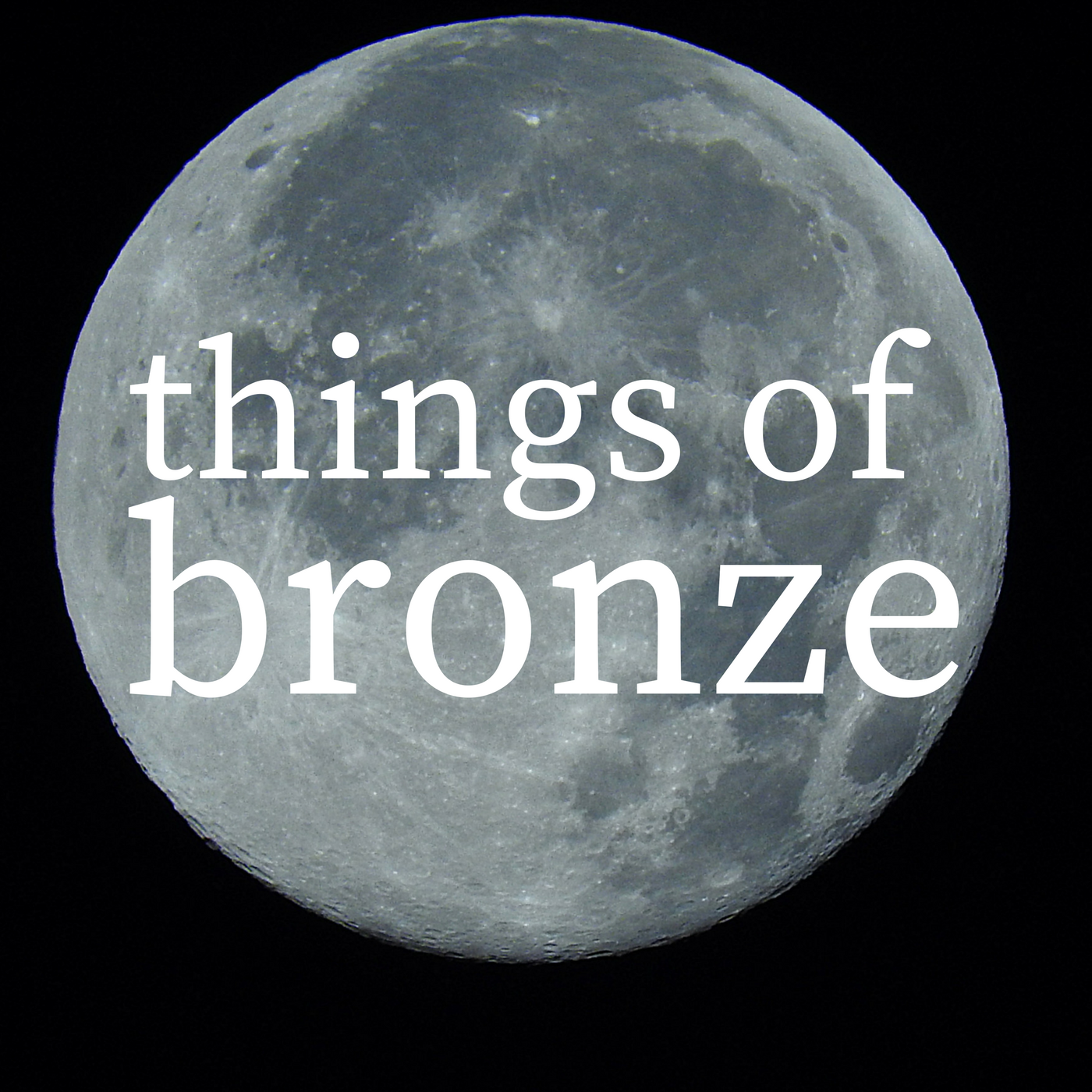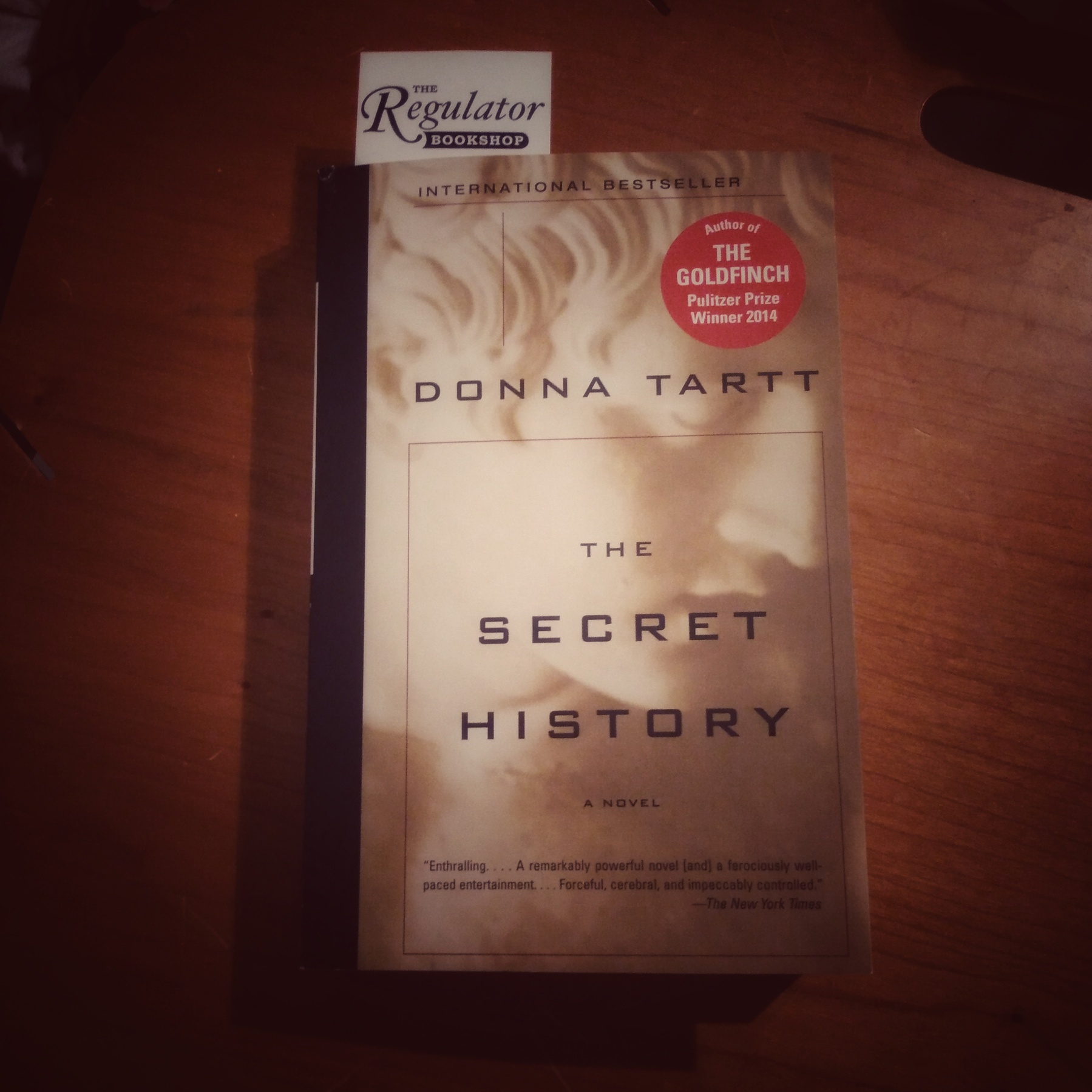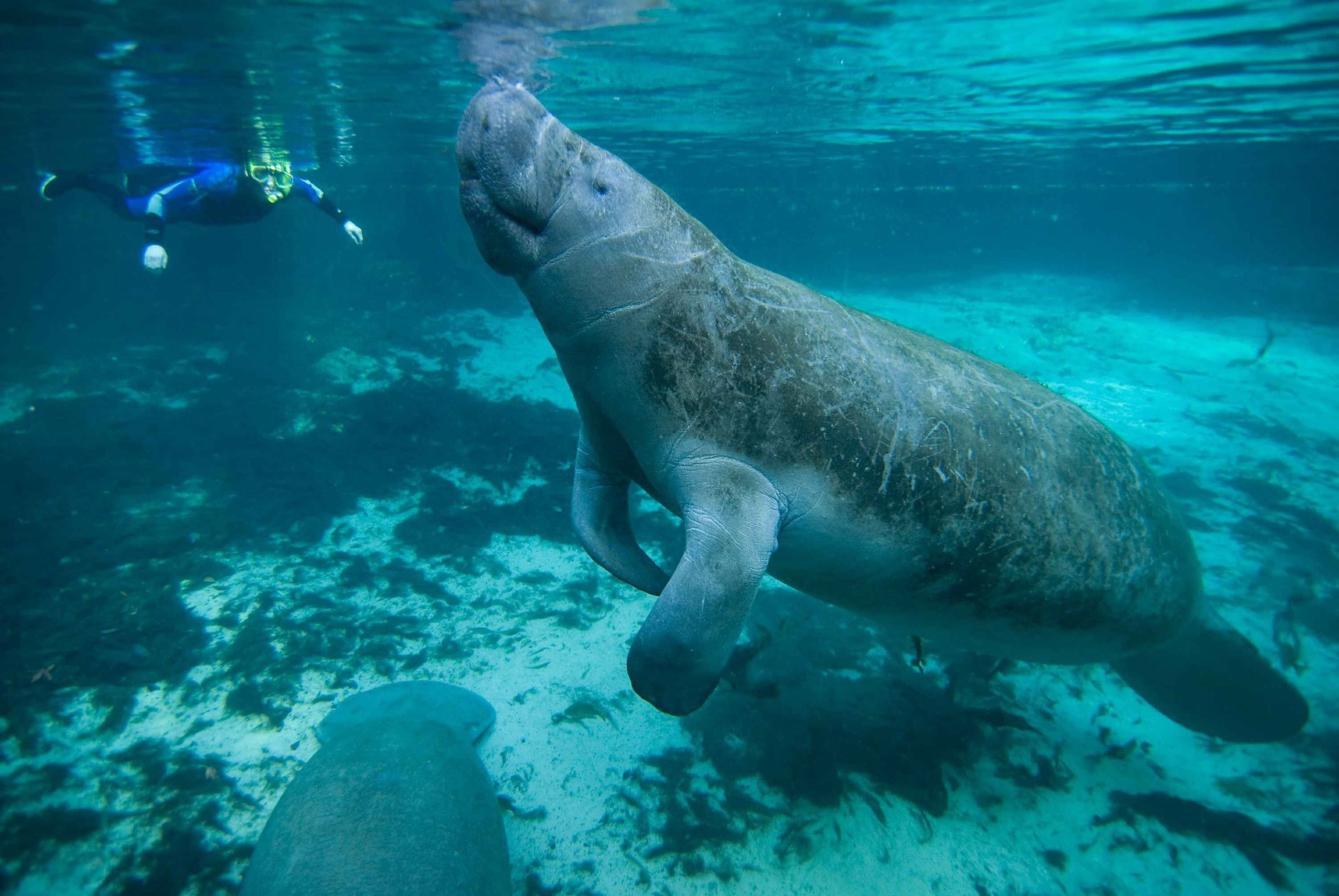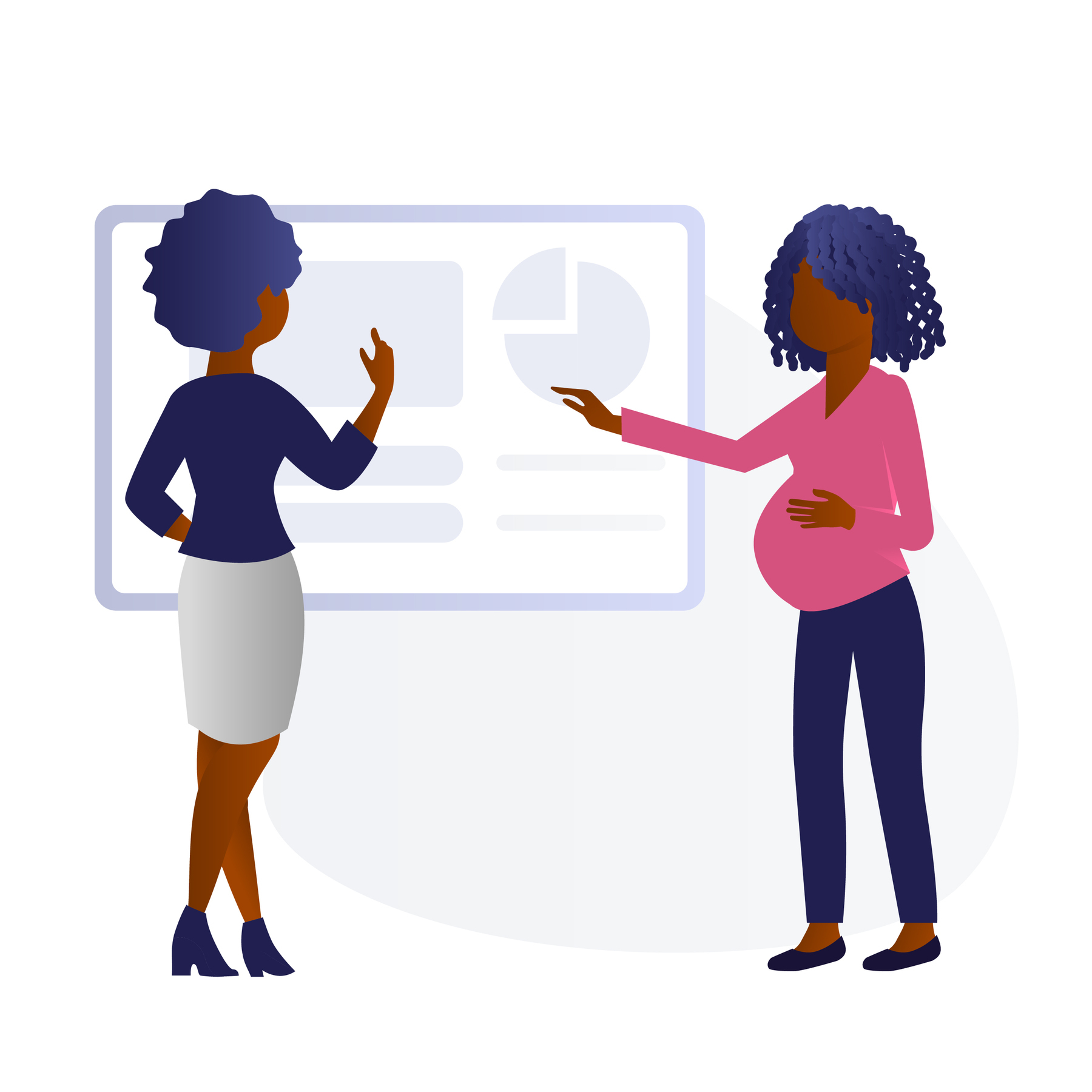It’s here! The long-awaited all-librarian episode of my Buffy the Vampire Slayer podcast! Transcript & show notes forthcoming.
Posts in "Long Posts"
I went to #FSNNA20 and it was awesome.
I “went” to the Fan Studies Network North America conference last week. It was awesome. It was invigorating. I feel energized coming out of it.
I am not going to do a round-up of relevant content right now. I’ll be unpacking that over the next week or so, trying to consolidate some notes and ideas. I “met” a bunch of cool people. But for now, I want to talk about the structure and process.
The conference used five tools: Discord for conference-only chat and posters, Conline as a general conference platform, Zoom for live sessions, Vimeo for archived sessions, and Twitter for sharing ideas with the public.
The Discord space and the Zoom chat were the highlights of the event for me, and I want to write briefly about them and some possibilities I think they offer for future conferences.
Ideas for the layout of the Discord space were borrowed from CON.TXT 2020. I love physical spatial metaphors for digital spaces, so this was a delight to me. Here’s what the structure looks like:
- FAN STUDIES NETWORK NORTH AMERICA
- Start Here
- Check-in Desk
- Announcements
- Help Desk
- Self-introductions
- IMPORTANT
- Code of conduct
- Safety
- Meeting etiquette
- Twitter policy
- Tech resources and info
- Schedule of events
- MAIN
- The lobby
- The hallway
- Coffee tea and sad cookies
- The bar
- Safer spaces
- There were a number of spaces for people to go based on their own identity to decompress. For example, I was in a space for people with mental illness. You signed up for these spaces by clicking a specific emoji, then the organizers would add you to the relevant channel. You could not see any of the channels that you had not been admitted to.
- POSTERS
- Each poster had its own channel. Posters were uploaded as the first message in the channel.
- SPECIAL EVENTS
- Each event had its own channel.
- WORKSHOPS
- Each workshop had its own channel.
- SALONS
- Each salon had its own channel.
- RECORDINGS
- There was a channel here for each session of any type with a link to the recording on Vimeo.
- PARTICIPATING PUBLISHERS
- Each publisher had their own channel where they could share discounts and answer questions.
- ACKNOWLEDGEMENTS
- In this section, the organizers offered thanks to a bunch of people and organizations.
The MAIN section was especially valuable because it made me feel like I was at an actual conference. And because it was a chat and not real life, I could jump in on conversations without feeling too awkward and share resources whenever I saw a place where one might be valuable. The posters, events, workshops, and salons sections were vital, too, because they allowed conversation to continue after the session. You know how you want to talk to the presenter but you have to clear the room for the next session? No worries here! Just take it to Discord!
The chat channels in Zoom were where a ton of awesome activity took place. There was a lot of backchanneling with varying degrees of on-topicness, but also lots of sharing of ideas and asking of questions.
One of the things Discord made possible was the creation of new channels on the fly, so the organizers were able to be responsive to topics that came up in Zoom chats and create new channels for things like fan tattoos, people sharing animal photos, job-listings, a space just for graduate students, ethics and resource methods, sharing syllabi, and sharing fanfiction recommendations. This was a brilliant way to keep conversation going and make the whole conference extra congenial.
I hope other virtual conferences can learn from the wonderful organization of this one, but more than that, I think this provides an opportunity for both conferences and conventions to leverage virtual tools to enrich the experience of attending.
I’ve been big into backchanneling since I started library school in 2009. If implemented wisely, it has the potential to add vibrancy to an event. It works best with someone to moderate or observe the chat, an enforcable code of conduct, and time for processing the chat. #FSNNA20 had all of this.
I see no reason why face-to-face conferences couldn’t have it as well. Obviously, the difficulty of the task depends on the size of the conference. But for smaller conferences especially, I hope people will continue using these sorts of tools once they go face-to-face again.
I also hope over time to find ways to incorporate wikifying into the process, because so many resources are shared and fly by so quickly. I kind of would love to be an official conference librarian, grabbing all the resources everyone mentions, capturing and organizing them, and putting them in a place where other people could add their impressions and ideas. This is basically how the IndieWeb wiki works - chat in IRC, documentation in a wiki - and more and more I like it as a way of operating. (The IndieWeb wiki can be overwhelming. I don’t know if a conference wiki would be or not.)
I’m so impressed with the work the organizers put in, the way that attendees used the space and tools, and the promise this has for the future.
Kimberly Hirsh Presents: Things of Bronze - Witch
I’m experimenting with podcasting about whatever I want. Here’s episode 2 of my Buffy podcast, Things of Bronze. This is episode 2, “Witch.” Or is it episode 3? IS IT TWO OR THREE? I know what Wikipedia says, but what do you think?

My kid is 4 and I might almost be ready to share my birthing story but not yet.
It’s my kid’s birthday today, and thus my birthing day. It’s interesting that the author of the linked post wrote it as her kid was turning 4, since that’s how old my kid is today. I haven’t shared my birth story with very many people, because it is private and traumatic. I’m wondering if I’ll be ready to, soon. I feel like I might.
Before I gave birth, I made a cute comic about my brother’s birth 22 years earlier and said “I wonder what my hilarious birth story will be!”
Friends, very little of my birth story is funny.
It felt like a Campbellian journey.
My sweet mother-in-law texted me today to say she honors me on this day, too. It’s so appreciated.
Next time you celebrate a kid’s birthday, try to be mindful of how it might be impacting the kid’s grownups, too. If the one who gave birth is around, it’s almost certainly a time of complex feelings. BUT PRIDE AND JOY OF COURSE! But also lots of other complex feelings. Other grownups might be having big feelings at that time, too.
Until I feel comfortable writing my birth story, just watch this SNL digital short and know that I cry every time I watch it, because it’s funny because it’s true.
Kimberly Hirsh Presents: Things of Bronze - Welcome to the Hellmouth and The Harvest
I’m experimenting with podcasting about whatever I want. I’ve got 3 finished episodes of a planned Buffy the Vampire Slayer podcast called Things of Bronze, so I thought I’d go on and upload the pilot for it and see how it goes. Show notes and transcript coming soon!

📚 A morbid longing for the picturesque: Donna Tartt's THE SECRET HISTORY
Has a book ever broken you? By that I mean, all books after it suffered in comparison for some indefinite period of time, regardless of their quality. It hasn’t happened often for me. It happened a bit with Patrick Rothfuss’s THE NAME OF THE WIND. Well, more than a bit. Even the next book in the series didn’t scratch my NotW itch.
Now I’ve discovered a new thing - not when a book breaks you, but when a book sticks to you like a heavy meal, when a book leaves you too full to try anything else for a little while. I finished Donna Tartt’s THE SECRET HISTORY a few days ago. It is still sitting with me, and I think I’ll probably need to take a break from fiction for a while, while I continue to digest this book.
I found it immensely compelling and stayed up way too many nights reading it. It was a ton of fun and then maybe the last 10 - 25% wasn’t as fun but was still compelling.
This is the book that is at the heart of the Dark Academia aesthetic. It’s about a bunch of beautifully pretentious early-20-something college students living in the early-mid 1980s, attending a college that is a very thinly veiled version of Bennington College, a small, private liberal arts college located in North Bennington, Vermont. (Last year, Esquire published an amazing oral history of the school during this time period). We know from the start of the book that one of the friends in the clique has been killed by the others, but not why. We learn why through a narrative of the months leading up to the murder.
One of the things Tartt does so beautifully in this book is describe the physical environment: the sounds of leaves crunching under feet, the quality of sunlight streaming through trees, the luxuriousness of a professor’s artfully appointed office. I think that it’s really this, and the characters’ intense obsession with classical Western literature, especially Greek and Latin, that attracts people to the aesthetic it inspired.
The pacing of the book contributes to its power, too. It begins quickly, with the narrator Richard getting out of his mundane California existence to go to this beautiful New England school, where he at first is not permitted to register for Greek because the only professor of it hand-selects his students. Richard begins to carefully observe the students who are in the class, and endears himself to them somewhat by assisting with their Greek homework. Eventually, the professor accepts him into the class and he comes into the inner circle of a group that seems elegant and mysterious to him but, as I read it, strikes the rest of the school as mostly… weird. The pacing once he’s in the group becomes languorous, with descriptions of visits to a countryside mansion, gentle boat rides across a lake, days spent lounging around reading. This is the stuff of dreams, my friends. But then, as we approach the murder mentioned at the beginning, the pace picks up, becoming more frantic, and by the end of the part describing Richard’s college life, it is frenzied. This is the part where I had less fun - but again, it was still compelling to read.
Someone who has been acquainted with the book longer than I have has probably done an analysis of the ways in which its structure mirrors Greek tragedy.
It’s a literary thriller, technically historical though almost contemporary with when it was written. If it sounds like you’ll like it from what I’ve already said, you should definitely check it out.

Visualization to help us choose our next steps
I was reading some of Jen Polk’s blog archives a while back and came across a post about a career coach giving her this visualization exercise:
She asked us to picture a skier on top of a peak, unsure of what lay ahead. After taking three deep breaths, I imagined myself as the skier and was soon stretching out my arms. I started to fly off the mountain top, and when I looked down, nothing was clear. I realized that flying, looking around, and exploring are what I need to do right now. That is the next step for me.
I found myself trying to imagine this, and I kept getting hung up on the fact that I don’t even know what a skier might see going down a slope, except what I’ve seen in movies. Trees? Bears? I don’t know. So instead, I pivoted the exercise to think of some more familiar experiences.
I asked myself: What if I were diving in the ocean? (I haven’t been diving but I have a lot more of an idea about what might appear if I were.) What if I were ambling in the forest without a plan? What would I do?
I realized that in both cases, I would trust my intuition and focus my attention on whatever seemed interesting. In the ocean, I would trust that whatever I find will have its own beauty and magic, even if it’s dangerous or scary, and I have ways of coping if it is dangerous and scary. Walking in the forest, I would amble about cheerfully, relying on my intuition to guide me to where I want to be, enjoying the filtered quality of the light, the greenery, noticing interesting plants and animals and either noting them to use later or if I had the technology, using a nature app to learn about them.
Just as this exercise led Jen to realize that she needed to spend her time in exploration, my responses to my altered versions of this exercise reinforce what I kind of always know to be true about myself: things go best for me when I follow my intuition and pursue whatever seems interesting.
What if you do some variation of this exercise? What will you learn about yourself?
Image by PublicDomainImages from Pixabay

Three flavors of learning
I’ve flirted on and off with #100DaysOfCode over the past few years, and always quit when I get to Javascript (which may never change, really), but I have learned some about the learning process itself by playing in that sandbox. In particular, reading about how other people have engaged with the challenge, I realized that one possible way to categorize learning experiences is to think of them as coming in three flavors: passive learning, active learning, and social learning.
Passive learning is essentially consuming content: reading books or articles, watching videos or lectures, listening to lectures or podcasts. This is a great way to get a lot of information in your head fast, but in my opinion is best paired with one or both of the other types of learning. You can make this more active by note-taking, summarizing, or teaching it to someone else, but the learning itself is still pretty passive.
Active learning is when you’re actually doing a thing: actually coding, actually writing, actually cooking, actually flying a plane, whatever it is you’re learning to do. This might involve activities structured by an expert to gradually increase your mastery, or it might involve jumping right in wherever you feel like it. Either way, the practice is taken on either independently or with a more knowledgeable other.
Social learning is when you’re learning in community with others. As with active learning (or passive learning, for that matter), the social aspect can be organized by a more knowledgeable other, an expert. It can, however, be 100% peer-driven. This might involve reading groups that take on a text together, hobbyists who engage in serious leisure in a social context, or individuals studying who answer questions for each other, for example.
I have an intuitive sense that the fastest and most effective learning will incorporate all three flavors, like a Neapolitan ice cream of learning, but any combination of more than one will be more effective than just one.
Image from blackillustrations.com

A quick note on MEXICAN GOTHIC 📚
This book is SO GOOD, but I don’t feel I can write a review that does it justice. It is a pitch-perfect gothic novel and also super gross. After reading all the secrets revealed, I want to go back and re-read, looking for signs. Every layer of gross and spooky in this book has an even grosser and spookier layer underneath it.
I need to re-write my dissertation proposal, for myself.
I’ve been a bit stuck with my dissertation, and only partly due to parenting and chronic illness. I wasn’t quite sure what had me stuck before. I thought it was a need to develop a solid workflow. John Martin told me about a really cool writing tool called Gingko. It overwhelmed me at first because I could stand to see all those columns on screens at once, but once I found the keyboard shortcut for writing in fullscreen, I decided I would try using it to write my dissertation.
I started to get a new “tree” ready, and looked at another dissertation to help me model my structure.
But as I did that I realized…
Usually, a person’s dissertation proposal can become a significant chunk of the dissertation itself, with some expansion.
My dissertation proposal as originally written does not represent my dissertation as executed anymore.
I need to re-write my proposal, but for me.